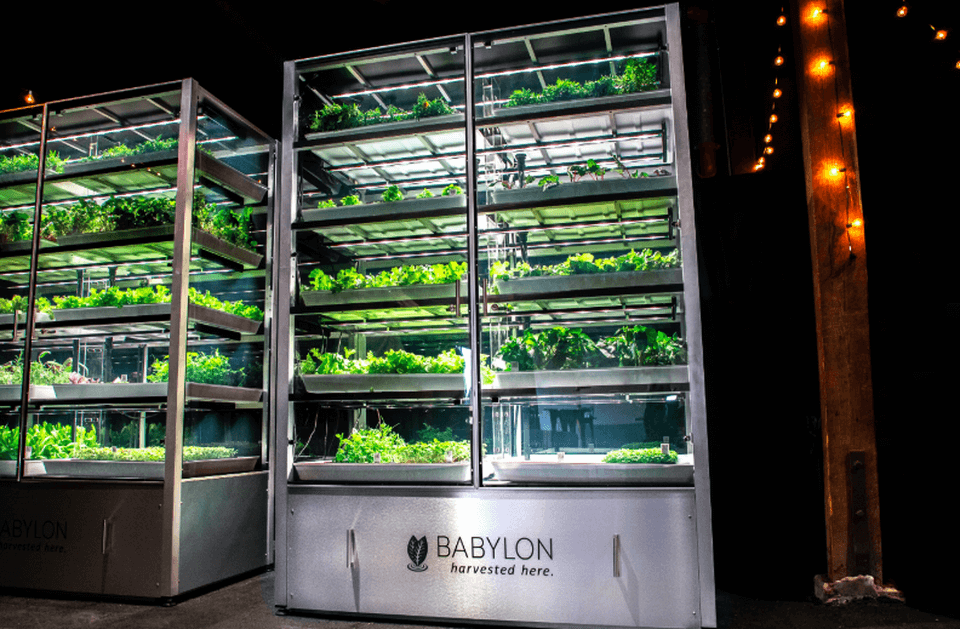Urban agriculture has become an increasingly popular topic in recent years as more and more people recognize the importance of localizing food production and promoting community resilience. Hydroponic cabinets, in particular, have gained attention as a way to produce fresh, healthy produce in a small space with minimal environmental impact. To learn more about the role of urban agriculture in promoting food security and community resilience, as well as the challenges facing the industry, we sat down with Alexander Olesen, CEO of Babylon Micro-Farms.
According to Olesen, one of the most significant benefits of urban agriculture is its potential to promote food security by localizing food production. “When you grow food in urban areas, you can reduce transportation costs and greenhouse gas emissions,” he explains. “Plus, you can ensure that people have access to fresh, healthy food, which is especially important in areas where there may be food deserts or limited access to fresh produce.”
Olesen notes that hydroponic cabinets are an up-and-coming technology for urban agriculture, as they allow for the efficient production of certain crops like leafy greens and flowers for small communities. “Hydroponic cabinets are efficient in terms of space and water usage, but they also allow for precise control over growing conditions, which can lead to higher yields and better quality produce,” he says.
However, despite the potential benefits of urban agriculture, Olesen acknowledges that the industry still faces challenges. One of the biggest obstacles is the perception that urban farming is only for wealthy, trendy areas. To combat this perception, Olesen believes that companies in the industry need to focus on making their products more affordable and accessible. “We started with high costs, but as more and more people adopt these technologies, we can drive prices down and make them more widely available,” he says. “We also need to focus on making it easier for people to grow their food by providing remote management and other tools to help people grow food autonomously.”
According to Olesen, government policies and regulations are another challenge facing the industry. While some mayors and local governments have supported urban farming initiatives, others have been less enthusiastic. “Government aid for urban farming is still minimal, but if the government were to introduce bills like those for renewable energy, the industry could take off,” he says. “We need to focus on proving the concept and its economics so policymakers can see the benefits of supporting urban agriculture.”
Regarding the debate between high-tech solutions and regenerative agriculture, Olesen believes the answer depends on specific circumstances. “There are a lot of industries out there that have already found solutions to similar problems, so we don't need to reinvent the wheel every time,” he says. “However, there are also cases where regenerative agriculture may better fit the environment and community, so we need to be flexible and adaptable.”
As for the future of the industry, Olesen is cautiously optimistic. He acknowledges that automation and AI could significantly change urban farming but notes that human interaction will always be needed in the growing and harvesting process. “The industry is going through a reshaping, and there are a lot of new technologies that are enabling us to do new things and open up new segments,” he says. “Ultimately, the key will be to continue to innovate and adapt to changing circumstances to promote food security and community resilience.”
Read the rest in our latest editorial, Urban Farming's Potential In Addressing Food Security Concerns & The Role Governments Can Play.
Image provided by Babylon Micro-Farms



2 Comments